Prophet of the Evolution of Consciousness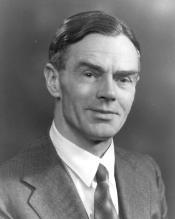
Owen Barfield (1898-1997) was a British philosopher, poet, and critic whose groundbreaking work focused on the evolution of human consciousness and its relationship to language and imagination. A close friend of C.S. Lewis and J.R.R. Tolkien, Barfield was a core member of the Inklings literary group and widely recognized as one of the twentieth century’s most original thinkers.
Born in London, Barfield studied at Oxford, where he first met C.S. Lewis in 1919. Their intellectual friendship, spanning more than 40 years, profoundly influenced both men’s thought and writing. Barfield’s ideas about the evolution of consciousness and the centrality of imagination helped shape Lewis’s conception of “Mere Christianity” and his approach to apologetics.
Barfield’s first major work, Poetic Diction: A Study in Meaning, published in 1928, argued that language and human consciousness co-evolve, and that the study of semantic history can reveal the changing structure of human thought and perception. For Barfield, the imagination was not merely a faculty of individual minds, but a participation in the creative power of the universe itself.
In works like Saving the Appearances: A Study in Idolatry and Worlds Apart, Barfield developed his theory of the evolution of consciousness, tracing the movement from an original “participatory” consciousness, in which subject and object were not sharply distinguished, to the modern “onlooker” consciousness, characterized by a sharp dualism between self and world. This evolution, he argued, was reflected in the history of language and literature, with earlier forms of consciousness preserved in mythology, poetry, and esoteric traditions.
Barfield’s thought was deeply influenced by the work of Rudolf Steiner, the Austrian philosopher and founder of Anthroposophy. From Steiner, Barfield took the idea of the evolution of consciousness and the centrality of imagination in human cognition. He saw the imaginative participation in the world as a key to overcoming the alienation and disenchantment of modern life.
Barfield’s work has had a wide-ranging influence, from the fields of literary criticism and history of ideas to anthropology, ecology, and religious studies. His critique of scientific materialism and his vision of a participatory, imaginative engagement with the world anticipated many of the themes of the ecological and postmodern movements.
In the field of literary studies, Barfield is recognized as a pioneering theorist of the imagination and a significant influence on the Inklings and their conception of mythopoetic literature. His ideas about the evolution of consciousness have also found resonance in the fields of depth psychology and archetypal studies, where they have been compared to the work of Carl Jung and Joseph Campbell.
Today, Barfield is increasingly recognized as a visionary thinker whose ideas continue to challenge and inspire. His conception of the evolution of consciousness, his critique of the modern “idolatry” of materialism, and his vision of a renewed participation in the “sacramental” imaginationsacramental imagination” point towards a more integrated, enchanted, and meaningful understanding of our place in the cosmos.
Key works on Owen Barfield’s life and thought include:
- Romantic Religion: A Study of Owen Barfield, C.S. Lewis, Charles Williams and J.R.R. Tolkien by R.J. Reilly
- Owen Barfield: Philosophical Writings: Substantial Worlds of the Imagination by G.B. Tennyson
- Evolution of Consciousness: Studies in Polarity edited by Shirley Sugarman
- Poetic Diction: A Study in Meaning by Owen Barfield
As a philosopher of the imagination and prophet of the evolution of consciousness, Owen Barfield’s legacy continues to grow. His vision of a reenchanted world, in which human beings participate creatively in the life of the cosmos, remains a powerful inspiration for all those seeking a more integral and transformative understanding of the human condition.

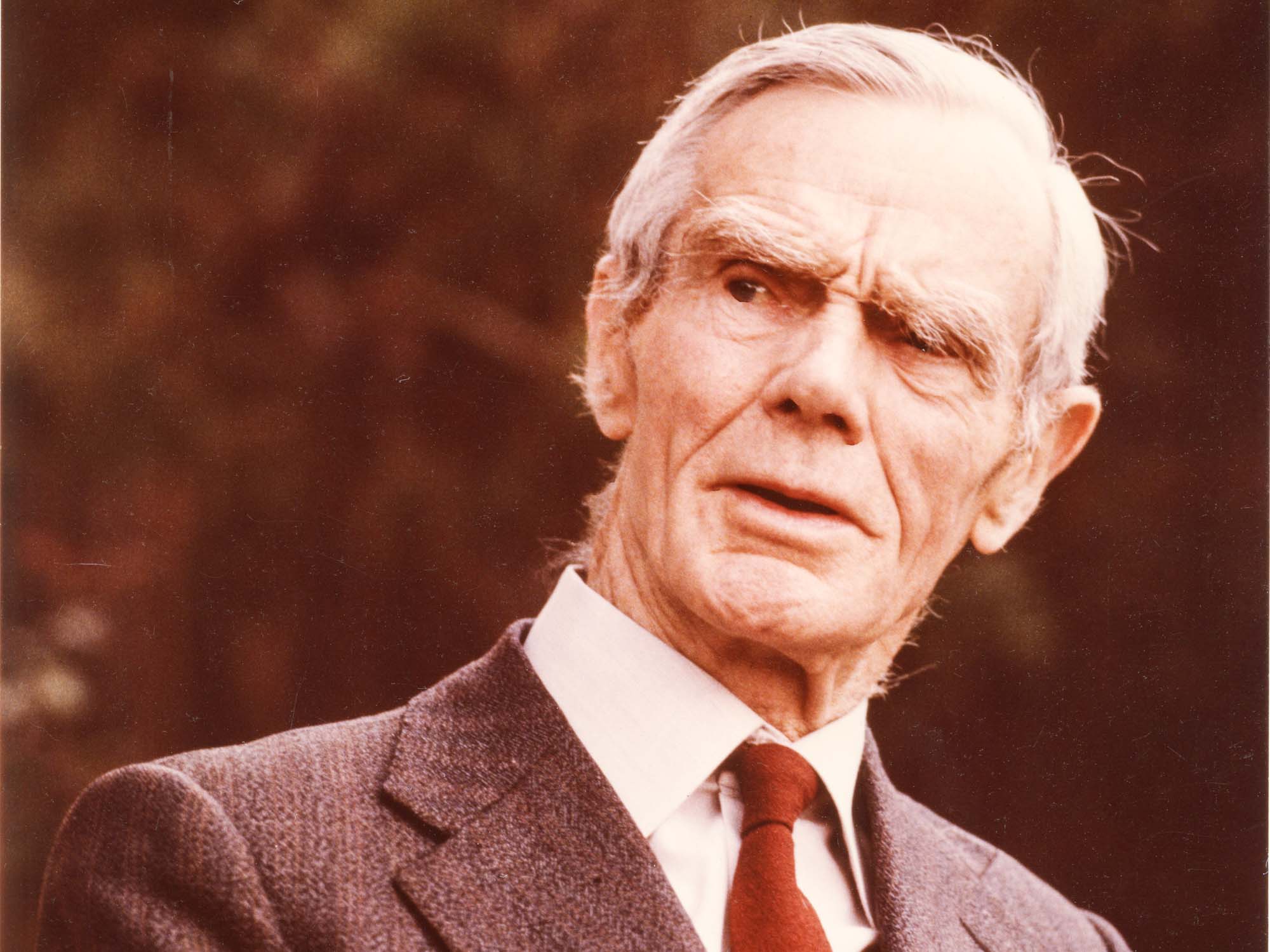
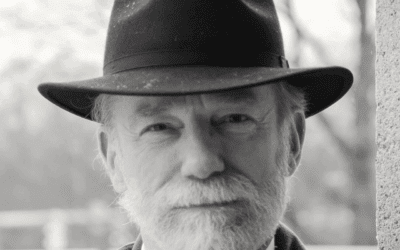
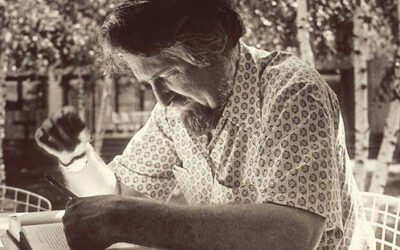


















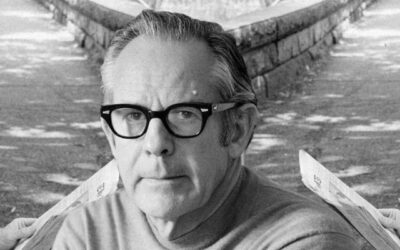
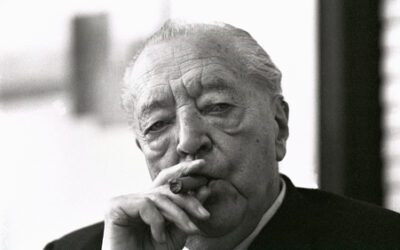
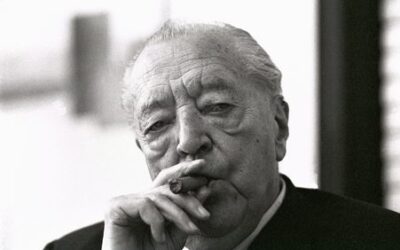
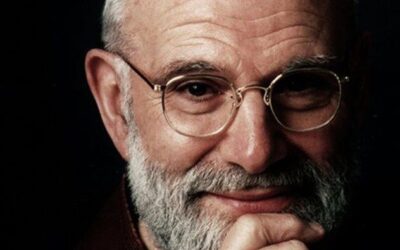
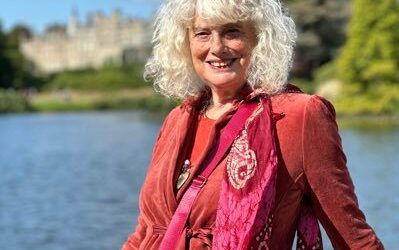
0 Comments